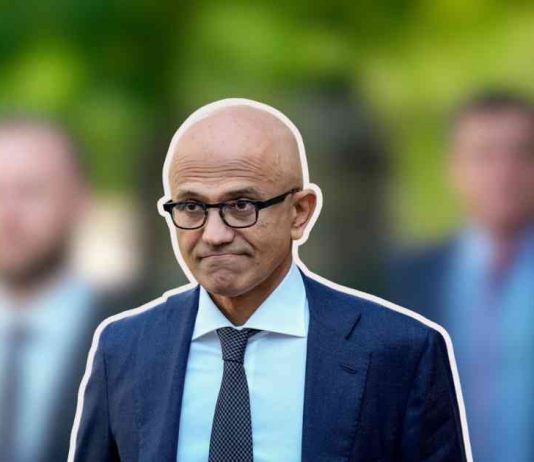Satya Nadella, the CEO of Microsoft, recently dropped a financial bombshell — the company has funneled a jaw-dropping $100 billion into Bing, its proprietary search engine. This staggering figure was disclosed during the “US-vs-Google” antitrust case, where the Department of Justice aims to prove that Google is exploiting its dominant position in the search engine market to stifle competition.
Nadella emphasized the importance of search engines as the “organizational layer of the internet.” He lamented that while everyone talks about the open web, it’s essentially a “Google web.” Publishers optimize their content for Google, and advertisers align their strategies to meet Google’s requirements. This makes it incredibly difficult for competitors like Bing to gain market share.
Google dominates the search engine market, holding 90% of the market share in the U.S. and nearly 91% globally. Even with a single-digit market share, Bing is still profitable, according to Nadella. Over the last 20 years, Microsoft has poured more than $100 billion into Bing. The investment isn’t just about attracting more users and generating higher revenues. It’s also about gathering data to improve search results, a vital aspect that Bing needs to work on to compete with Google.
The U.S. Department of Justice accuses Google of paying a staggering $10 billion annually to key market players like Apple, Samsung, and AT&T to ensure Google remains the default search engine. Nadella revealed that Microsoft was willing to pay a similar amount to these companies for choosing Bing, but their efforts were in vain.
The quality of search results is a significant factor in why users choose Google over Bing. Even Apple’s Vice President, Eddy Cue, testified that the quality of search was the decisive factor for sticking with Google. This puts Bing in a challenging position. Can it ever match Google’s search quality, or will it remain a secondary choice?
Interestingly, Nadella also touched upon the role of Artificial Intelligence in the search engine landscape. He warned that advancements in AI could further strengthen Google’s position, especially if Google secures exclusive agreements with publishers for content access.
Nadella’s testimony could have far-reaching implications, not just for Google but for the entire tech industry. If the court rules against Google, it could break the company’s agreement with Apple, costing them billions. The trial is expected to last around 10 weeks, with the verdict likely to be announced in 2024.
